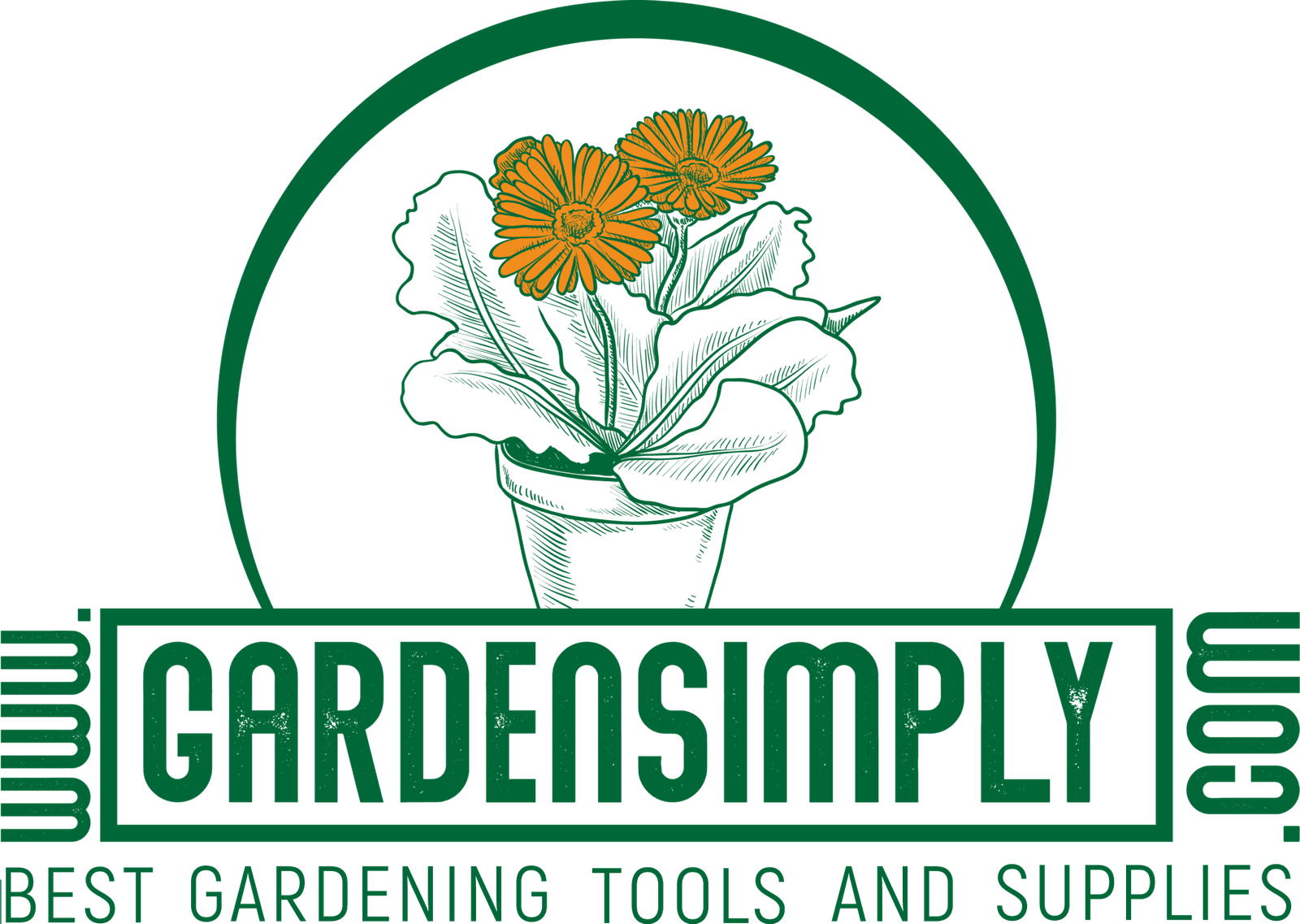How Does Gardening Help The Elderly? — Garden Therapy
Growing old usually tends to get boring and less exciting. You won’t be able to do as many physical activities as you can compared to when you were young, like riding the bicycle or joining parties. All you can do is sit at home, read a book, or knit some woolen sweaters. What else can you do at that age then? Well, gardening is a great idea to fill in your still and unproductive days! How does gardening help the elderly? In this article, you will learn about garden therapy and the benefits you or an elderly can gain from it.
Horticultural Therapy
Ever wondered why you feel calm every time to walk under the trees in a park, or watering your plants in the garden? That is what garden therapy, or horticultural therapy, provides. Horticultural therapy is based on the idea that interacting with plants can improve your well-being. It boosts recovery and improves mood. Some studies show that being in nature improves your state of mind and decreases stress levels and can lead to a longer life. You can do it alone or have a therapist guide you.
Below are a few of the activities that can surely answer your question of how does gardening helps the elderly.
Floral Arrangements
Flowers are the usual plant subjects provided to the elderly in horticultural therapy. The floral arrangement focuses on the design and arrangement of colors of the flowers and foliage to create a pleasing ambiance.
Partnering Exercise
Elderlies are encouraged to pair up in sowing and cultivating seedlings of flowers, herbs, or fruit-bearing bushes or shrubs.
Other white soils are usually associated with a high content of calcium, like limestone powder, that can help out in decreasing acidity in the soil.
Nesting Box
Construction of nesting boxes is one of the activities to be done in horticultural therapy. The most common use of nesting boxes is for birds, but they can also be alternate pots for plants, especially for climbers and creepers.
Intergenerational Planting Exercise
The elderly are paired up or grouped with the younger members of their families in sowing and cultivating plants. Intergenerational planting exercises are a fun activity among grandparents, their children, and their grandchildren.
Curiosity Table
Horticultural therapists use a curiosity table in their sessions. They place matters regarding nature or gardening, like seeds, plants, cones, types of soil, pebbles or rocks, and safe gardening tools, on the table, and encourage elderlies to explore said things.
Benefits of Horticultural Therapy
Horticultural therapy is a great way to help the elderly in coping up with the burdens of age, especially their physical and mental disability. You have learned some things about how does gardening helps the elderly. How gardening lessens stress levels and boosts one's state of mind. Here are a few more of the benefits of horticultural therapy for the elderly.
Social Connection
One of the purposes of horticultural therapy is to combat loneliness and isolation. Plants can provide a connection among and between strangers, that can lead to conversations and actions. You can start conversations by discussing about your plants, your style of cultivation, and your favorite gardening pastimes.
Activities like the partnering exercise, the intergenerational planting exercise, and nesting box construction, are examples of horticultural therapy activities that promote social connection.
Physical Exercise and Mobility
Another purpose of horticultural therapy for the elderly is to improve their motor skills and mobility. Gardening requires you to move around, carry pots, light, and small ones for the elderly, of course, and use garden tools, like trowels.
Floral arrangement and construction of nesting boxes are some of the examples that promote physical exercise and mobility.
Sensory Stimulation
Horticultural therapy improves the senses, especially the sense of smell and touch, among the elderly. Plants can evoke memories because they create links to the past of the elderly. Some studies find that those with dementia were able to open to strangers with the help of gardening because it helped them remember their gardens.
All the activities in this article promotes sensory stimulation.
Confidence Booster
Lastly, horticultural therapy is meant to boost the elderly's self-confidence. Tending to one's plants usually creates a sense of amazement among them. Also, the beautiful results from floral arrangements and garden cultivation make them proud of what they have achieved. It gives them a huge sense of accomplishment even at their age.
Conclusion
You can finally remove “how does gardening help the elderly” from your questions list because you have learned it in this article. Always remember that horticultural therapy improves mobility, stimulates the senses, evokes memories, brings social connection, and generally improves the health of our elderly friends and family. It also creates pleasure and encouragement for outdoor activities. Keep in mind that when the time comes, horticultural therapy is a very important way of providing yourself with peace and calm, physically, mentally, and spiritually.
Check out our friends from Girvan Community Garden and the beauty of horticulture therapy.

Leave a Reply